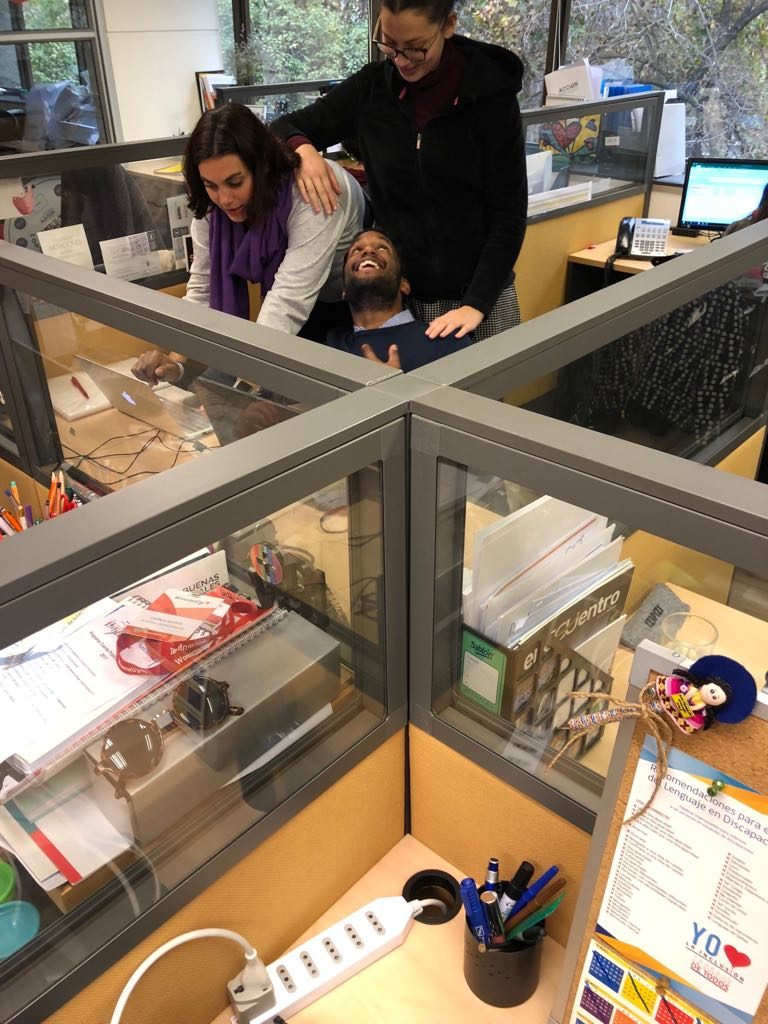IPSS at the UN Development Program
I embark on this project to complete my Graduate Program at the Middlebury Institute of International Studies (MIIS) because I have a passion for women’s rights and justice. I happened to pick Spanish as my language of study at MIIS which opened up many doors for me. I had a vague idea that women in Latin America faced oppression, but I had no idea what I was about to witness, experience, and learn. I moved to Buenos Aires on the 6th of January 2018 and have been in Latin America ever since. I moved to Santiago de Chile in March and have been conducting interviews and research throughout my time in the two countries.
Latin America and the Caribbean is the most violent region in the world for women, the United Nations asserted in a report presented in Panama. UN Women and the UN Development Programme (UNDP) found assaults on women persisted in the region despite severe laws aimed at curbing the phenomenon.
“The issue of violence against women in Latin America is critical. It’s the most violent region in the world against women outside of conflict contexts,” Eugenia Piza-Lopez, head of UNDP’s gender mission in Latin America. “In some countries it has become a severe crisis. In the Northern Triangle (Honduras, El Salvador and Guatemala) and Mexico the problem of femicide and violence against women has reached epidemic levels, in many cases with links to organized crime,” Piza-Lopez said.
The UN report noted that 24 of the 33 countries in Latin America and the Caribbean have laws against domestic violence, but only nine of them have passed legislation that tackles a range of forms of other violence against women in public or private. Therefore, we must strengthen civil society in order to fight and eventually change the cultural norms surrounding the “machista” culture.

“The three international interns working together. Rebecca (me), USA. Rocio, Chile. Chris, Burundi.”
In Buenos Aires, I worked for an organization called CADAL , the Center for the Opening and Development of Democracy in Latin America. At CADAL, I was in charge of translating documents from Spanish to English or vice versa. I also did research on Cuba and specifically the effects that the Cuban State Security forces had on Cuban women activists. I held interviews and studied the country.
I moved to Santiago de Chile and had another amazing internship opportunity in a Social Corporate Responsibility firm called Acción Empresas. Acción Empresas, or Action Business, was a wonderful opportunity for me to learn about how human rights and responsible business practices are intertwined. The work Acción did ranged from events and workshops on human rights in the workplace to inviting the CEO of the World Business Council for Sustainable Development to discuss the most important steps we must take to ensure businesses keep to a high standard to avoid causing more damage to the climate. My role has been to translate, write and propose grants, hold team building exercises, attend and support events and workshops, create a stakeholder analysis, and to create multiple GANTT charts and excel spreadsheets to organize the internal work into cohesive documents that are shared with the board.



You must be logged in to post a comment.